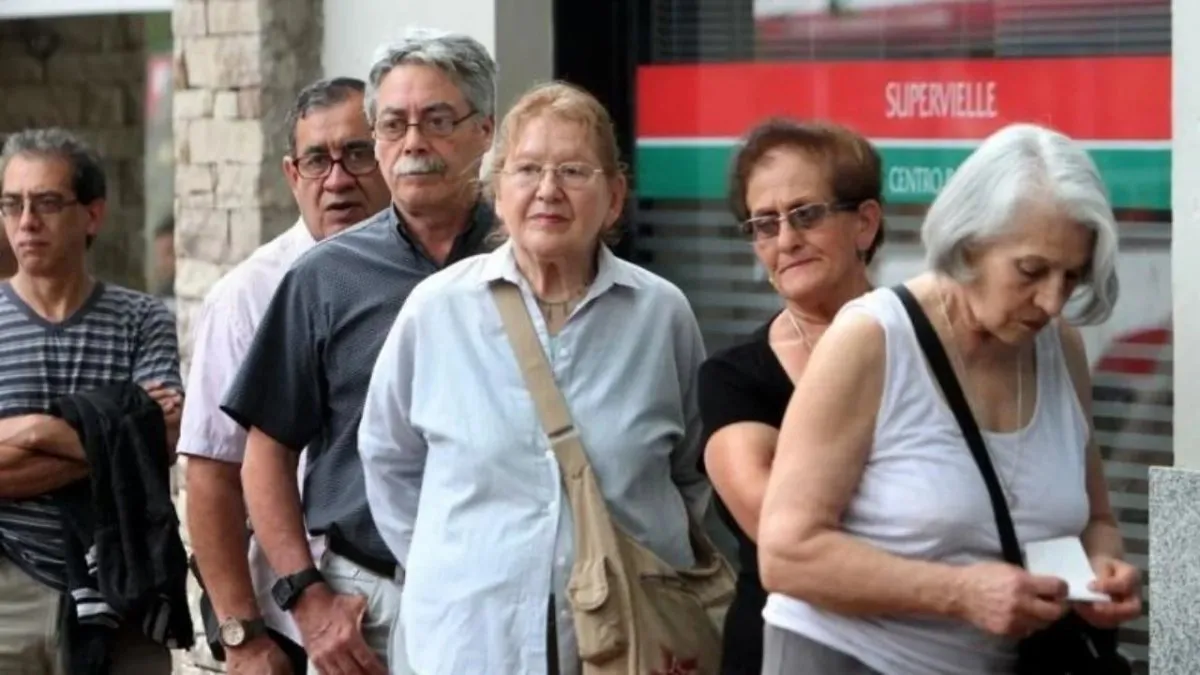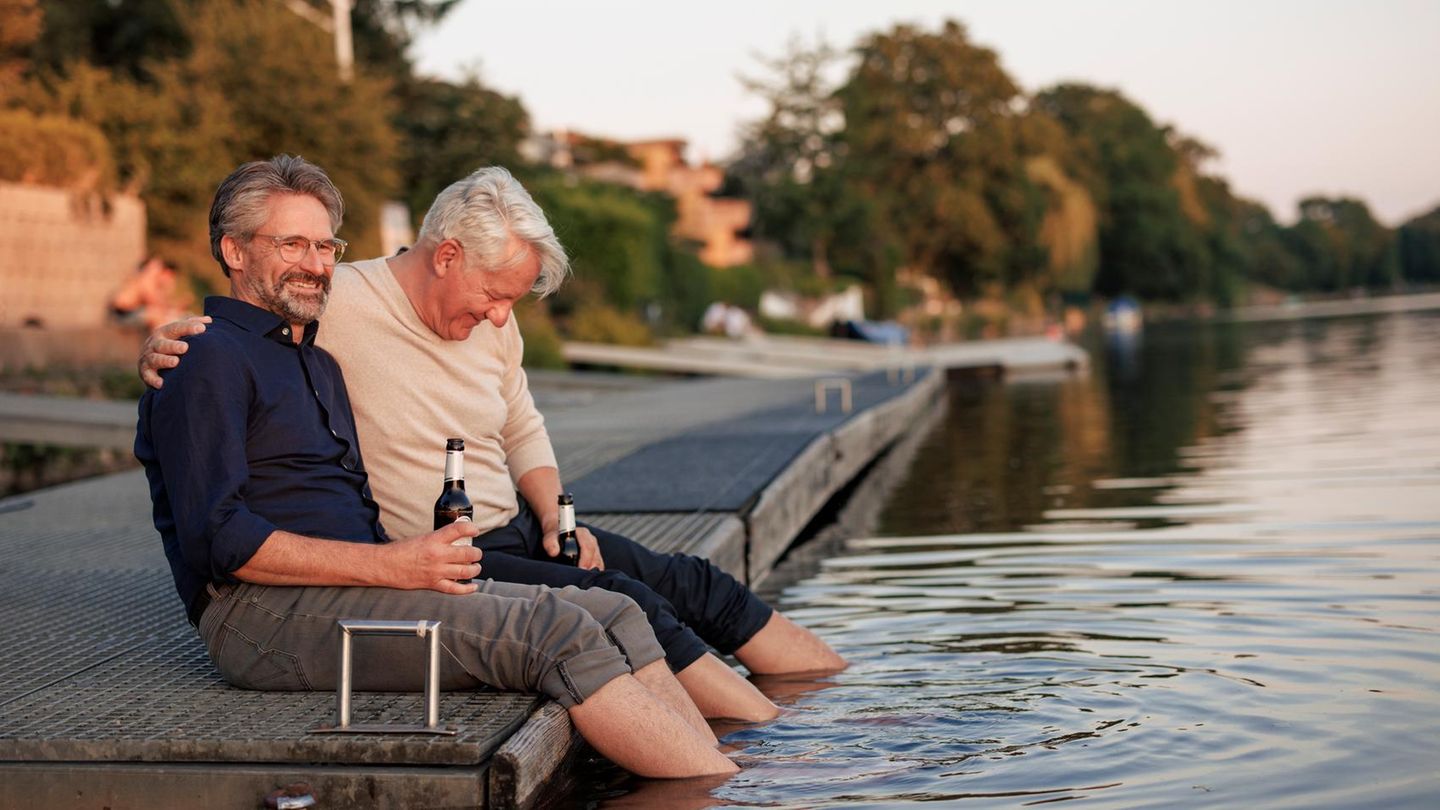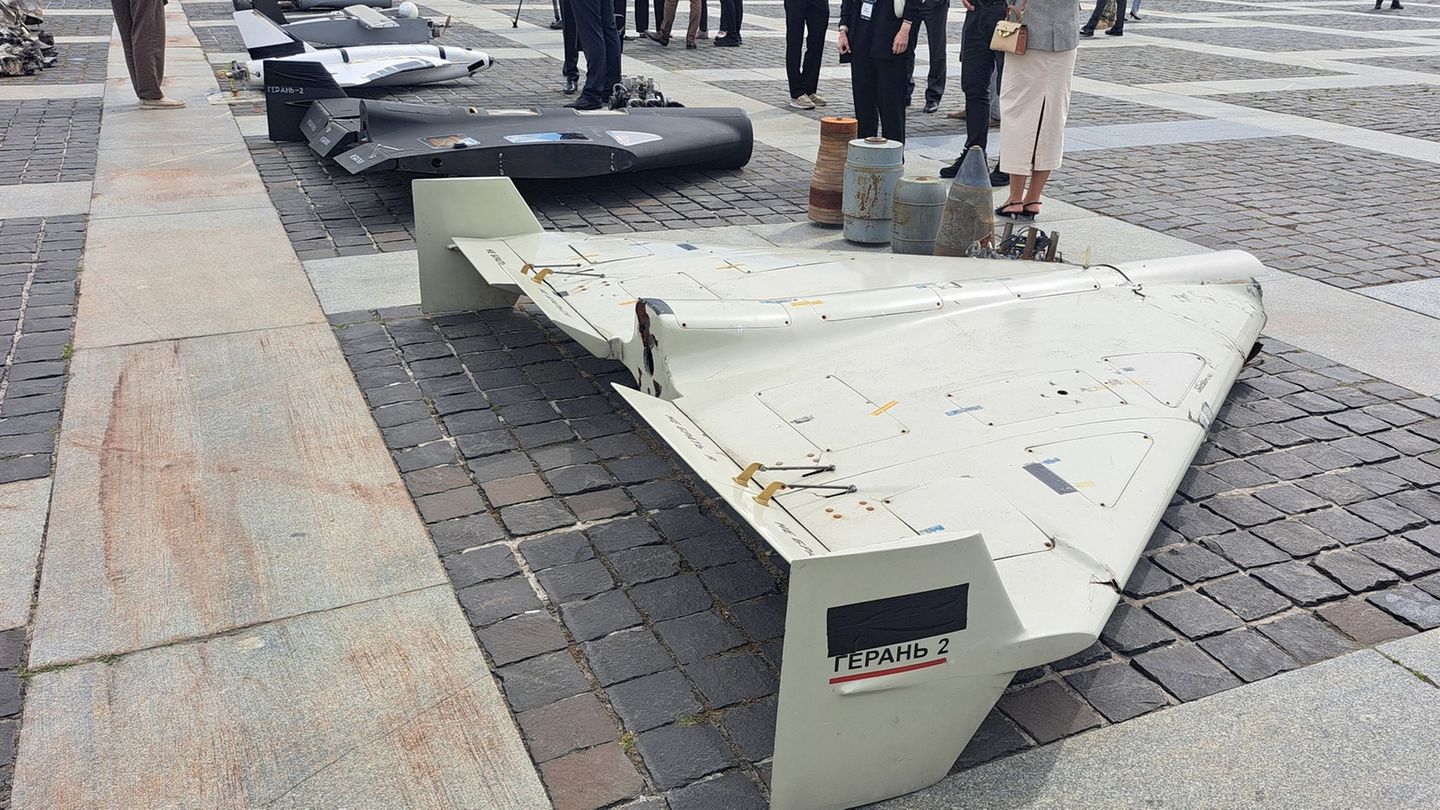Of the total 10 million retirements and pensions that are paid throughout the country, Only 20% corresponds to benefits granted to people within the general regime, that they met the requirements for contributions and time of service and that they receive only the salary that corresponds to them without any other addition.
That implies that, out of every 10 benefits, 8 people are in some special regime. This is revealed by a private report that maintains that, whether through what are called “privilege retirements” or other schemes, such as, for example, access to the pension system by moratorium, that modality is the dominant one in the Argentine system.
The data corresponds to the Argentine Institute for Social Development (IDESA). He himself indicates that the regimes that contemplate much higher benefits than those of the common ones, reaching 18%, while a 62% correspond to the Universal Pension for the Elderly (PUAM), moratoriums and non-contributory pensions.
According to the head of the National Social Security Administration (ANSES), Mariano De los Heros, In a television interview, “the Argentine pension system “He is broke, like many in the world.” He explained that, due to the increase in the average lifespan in developed nations, as is the case in Europe, retirement systems entered into crisis.
idesa-retirements.png
This is how the retirement cake is distributed.
The official added that “Argentina, in addition, has done everything necessary to break it through moratoriums and the incorporation of beneficiaries who did not contribute for 30 years.” In that sense, he assured that the sum of retirees without prior contributions ““has flattened the benefit pyramid”.
In this regard, De los Heros considered that “this cannot be solved just by raising the retirement age, but with a complete pension reform.” and recalled that “the Government incorporated in point 9 of the May Pact the commitment to consensus for a reform.”
What is the Argentine system like?
Meanwhile, the IDESA report indicates that, “in the pension system, there is a set of regulations that govern in general and, in parallel, a gThere are a number of special regimes that benefit certain groups of workers granting them exceptional treatments.”
“Among them, lower age and years of service requirements, greater amount of salary and more advantageous mobility rule. On the other hand, there appear derived pensions. This is the right that a person has, which demonstrates having been living with a retiree who dies, to receive a pension for life”, notes the report.
IDESA indicates that “only 1 in 5 retirements and pensions correspond to the general regime”. “The other 4 are regulated by special, differential regimes or were granted with the general regime, but with the exception of not complying with all contributions. That is to say, In the Argentine pension system, the exception is the rule,” the study states.
Furthermore, the study says that “in relation to pensions, it is estimated that 1 in 5 beneficiaries collect more than one benefitthat is, to your retirement you add a pension derived from the death of your partner.”
The pensions of former presidents have little impact
At a time when the Government decided to cancel the benefits received by former President Cristina Fernández, the study clarifies that, “although the regime for former presidents and former vice presidents is very controversial, from the point of view of financing the system, has a minor impact.”
“Much more important is the accumulation of regimens through which many people access special treatment,” the report clarifies..
Source: Ambito
David William is a talented author who has made a name for himself in the world of writing. He is a professional author who writes on a wide range of topics, from general interest to opinion news. David is currently working as a writer at 24 hours worlds where he brings his unique perspective and in-depth research to his articles, making them both informative and engaging.




